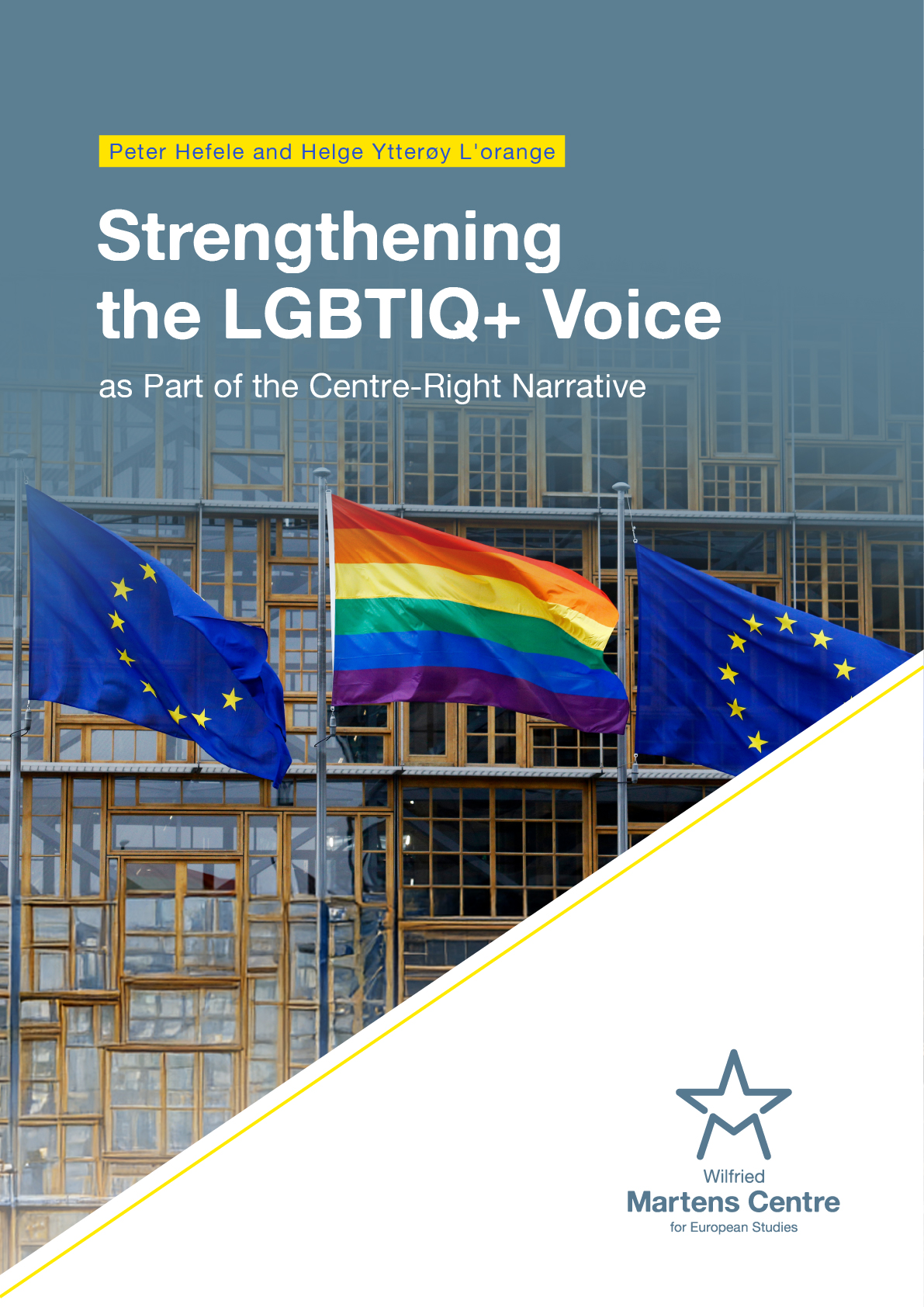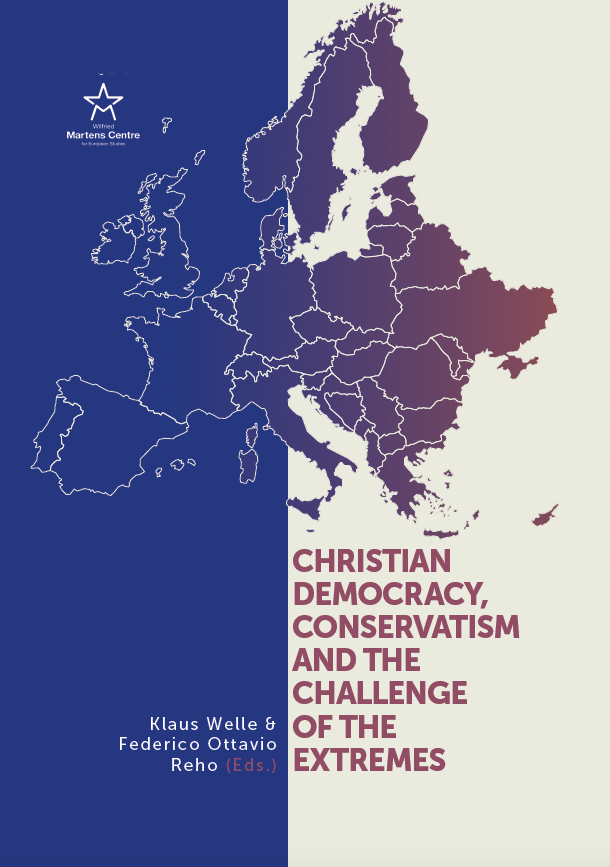Confusing immigration and free movement: lessons from the Brexit case
26 July 2016
Most analyses of the Brexit vote agree that immigration played a major role in the outcome of the referendum. What is interesting is that, next to extra-European immigration, the British debate was equally (if not more) preoccupied with intra-EU mobility – EU citizens coming to the UK to live and work.
What can mainstream politicians in Europe learn from the British debate and the ways mobility is instrumentalised by Eurosceptics?
Populist parties have already tried to politicise intra-EU mobility in Italy and the Netherlands, and are expected to do so more pronouncedly in France and Austria.
In these (and other) old member-states, mainstream parties – especially of the centre-right – seem tempted to address free movement as a problem in need of reform. Brexit seems to send the message that this is necessary, lest populists take advantage of popular frustrations.
I believe that the lesson from the UK referendum is exactly the opposite. By accepting the politicisation of free movement, mainstream parties play upon the populists’ strategy to merge their two staple issues, immigration and Europe, and present exit from the EU as a solution to immigration.
The rise and fall of David Cameron should be a cautionary tale about tampering with intra-EU mobility, even if addressing external immigration is something centre-right parties should do.
The story begins with David Cameron’s pre-electoral promise in 2010 to reduce net immigration to the UK to the ‘tens of thousands’, a promise that came back to haunt him. Given that almost half of that net immigration is made up of EU citizens, it was inevitable that EU free movement would acquire political importance.
In the years between Cameron’s entry to power and the calling of the referendum, UKIP and Eurosceptic Tories raised the issue of benefits for EU migrants. In 2015 traditional fears with external immigration became entangled with the EU due to the refugee crisis. The Eurosceptic press reproduced ad nauseam images from Calais and explicitly linked them with EU membership.
In response to the social benefits controversy, Cameron made free movement a key aspect of his renegotiation package with the EU in 2013. In the 2015 parliamentary election campaign his implicit promise was that the threat of the referendum would extract concessions from the EU to curtail immigration from the EU. Ultimately Cameron secured mild changes in his deal with the EU that were predictably decried by the Eurosceptic right as too weak to dissuade free movement.
A few months before the renegotiation deal, Cameron had pledged to accept 20000 Syrian refugees, thus intensifying popular concerns that EU membership meant deeper entanglement of the UK in Europe’s refugee woes.
If it is true that Cameron decided to accept Syrian refugees in order to placate Angela Merkel and other Europeans to get a better deal on UK membership, it becomes obvious what kind of mess he had dug himself in with regards to mobility.
In this context, the potential for Eurosceptics to mutualise hostility towards the EU and fear of immigration in the referendum campaign was infinite. Tory Leavers claimed that with European migration reduced the UK could attract more people from the Commonwealth.
Brexiteers of the right and of the left exploited the frustrations of working class people, including many of ethnic background, by promising that reduced immigration from Europe would lighten the burden on public services.
And the populist right could for the first time sound practical when speaking about immigration. The solution was obvious and handy: leave the EU.
What does this mean for the rest of Europe? In the UK, an already difficult situation became impossible when mainstream politicians accepted that EU free movement is a subset of immigration and the sociocultural concerns usually associated with it.
The message to mainstream, and especially centre-right, politicians elsewhere in Europe is that, even if free movement does pose some practical problems, tampering with it offers very few immediate gains and many long-term risks.
For parties that campaign in favour of European integration, nitpicking on the EU legal edifice undermines their credibility. Accepting that ‘something must be done’ about free movement allows populists to present exit from the EU as a magic bullet that can solve immigration.
Calling for reform of free movement politicises and securitises internal borders, while what the EU should be aiming for is strengthening internal unity by building a more secure external border.
Pro-EU parties must delegitimise and neutralise any effort by populists to politicise intra-EU mobility and free movement. Free movement and extra-EU immigration must be presented as two very different things.
Mainstream parties must respond to popular concerns about immigration and security by stressing the need to defend and safeguard the external European border. Strengthening internal borders is inconsistent with effective management of extra-EU immigration because the latter can be effectively handled only if European states cooperate with each other.
The EU is currently perceived as too porous externally and this strengthens the instinct to retrench behind stronger national borders. But solidarity and identity in political systems is created only when there is closure externally and openness internally.
Pro-EU politicians must focus on making the EU external border safer. This is no easy task, but trying to score political points by talking about free movement as ‘immigration’ and by renationalising internal borders is naïve and dangerous.
ENJOYING THIS CONTENT?





















